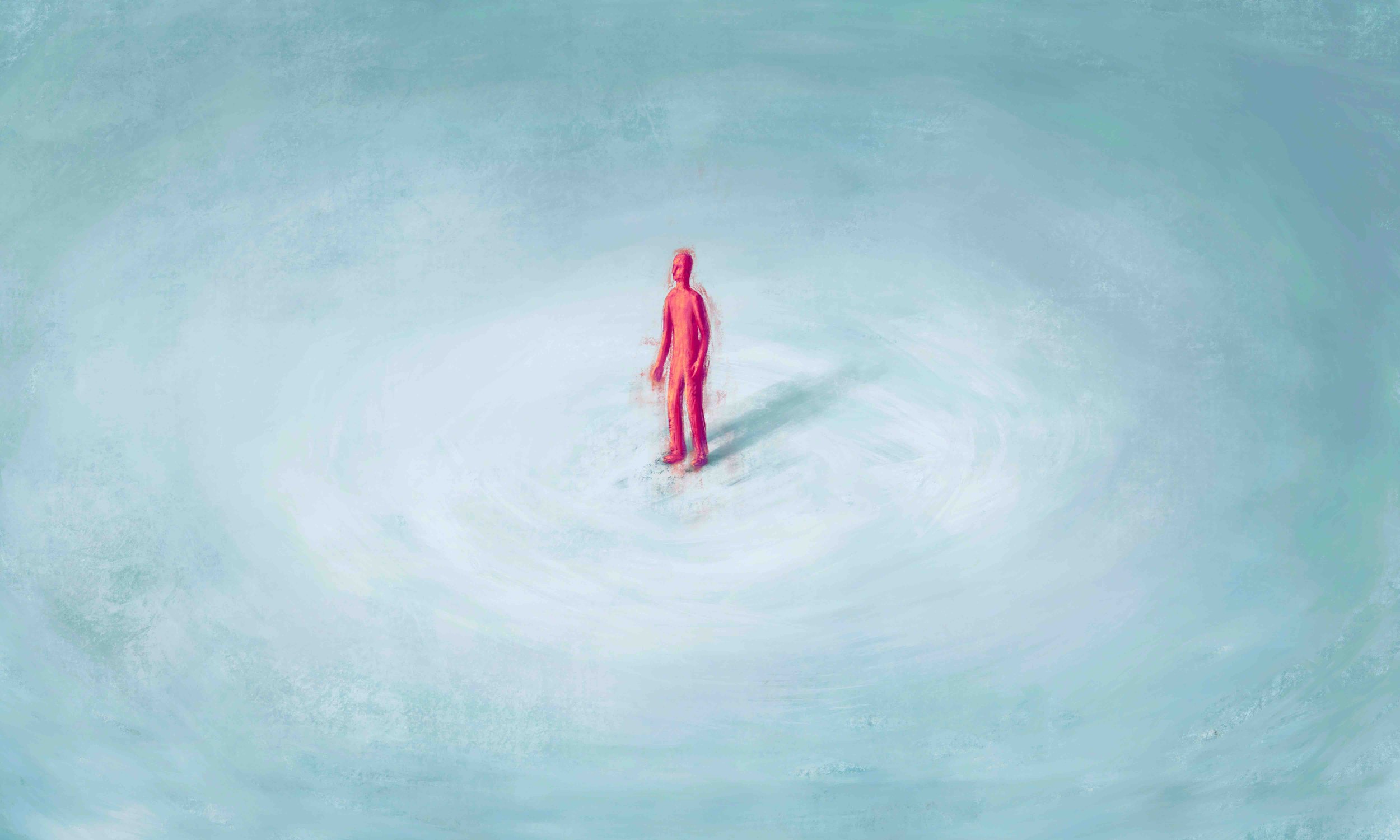The difference between anxiety and clinical anxiety
Anxiety is a common human emotion experienced in response to stress or perceived threats. It is a feeling of unease, worry, or fear that can vary in intensity. While anxiety is a normal part of life, some individuals may experience more severe and persistent symptoms, which could indicate a clinical anxiety disorder.
Anxiety:
Definition: Anxiety is a natural response to stress, often triggered by an impending event with an uncertain outcome. It can manifest as feelings of nervousness, worry, or fear.
Symptoms: Common symptoms of anxiety include increased heart rate, rapid breathing, restlessness, difficulty concentrating, and irritability.
Causes: Anxiety can be caused by various stressors such as work pressure, relationship issues, financial concerns, or major life changes.
Duration: Temporary episodes of anxiety are usually short-lived and may subside once the stressor is resolved or the event passes.
Treatment: Managing anxiety often involves self-care strategies, such as deep breathing exercises, mindfulness techniques, regular exercise, adequate sleep, and seeking support from friends or therapists.
Clinical Anxiety:
Definition: Clinical anxiety, also known as an anxiety disorder, is a mental health condition characterized by excessive, persistent, and uncontrollable feelings of anxiety that interfere with daily life.
Symptoms: Individuals with clinical anxiety may experience more severe and prolonged symptoms, including panic attacks, obsessive thoughts, phobias, and avoidance behaviors.
Causes: Clinical anxiety disorders can arise from a combination of genetic, environmental, and neurological factors. Trauma, abuse, or family history of anxiety disorders can also contribute to its development.
Duration: Clinical anxiety is chronic and can impact various aspects of an individual's life, affecting their relationships, work performance, and overall well-being if left untreated.
Treatment: Treatment for clinical anxiety may involve a combination of therapy, medication, and lifestyle changes. Cognitive-behavioral therapy (CBT), medication (such as antidepressants or anti-anxiety drugs), and relaxation techniques are often recommended.
Key Differences:
Intensity and Duration: Anxiety is a normal response to stress and tends to be temporary, while clinical anxiety is more severe, persistent, and can disrupt daily functioning.
Impact on Daily Life: Clinical anxiety can significantly impair an individual's quality of life, affecting their relationships, work, and overall mental health, whereas regular anxiety is more manageable and does not cause significant impairment.
Treatment Approach: While self-care strategies may suffice for managing mild anxiety, clinical anxiety often requires professional intervention, including therapy and medication.
In conclusion, differentiating between regular anxiety and clinical anxiety is crucial in seeking appropriate support and treatment. Understanding the nuances of these conditions can help individuals navigate their mental health challenges more effectively. If you suspect that you or someone you know may be struggling with clinical anxiety, it is advisable to seek guidance from a mental health professional for proper evaluation and care.


